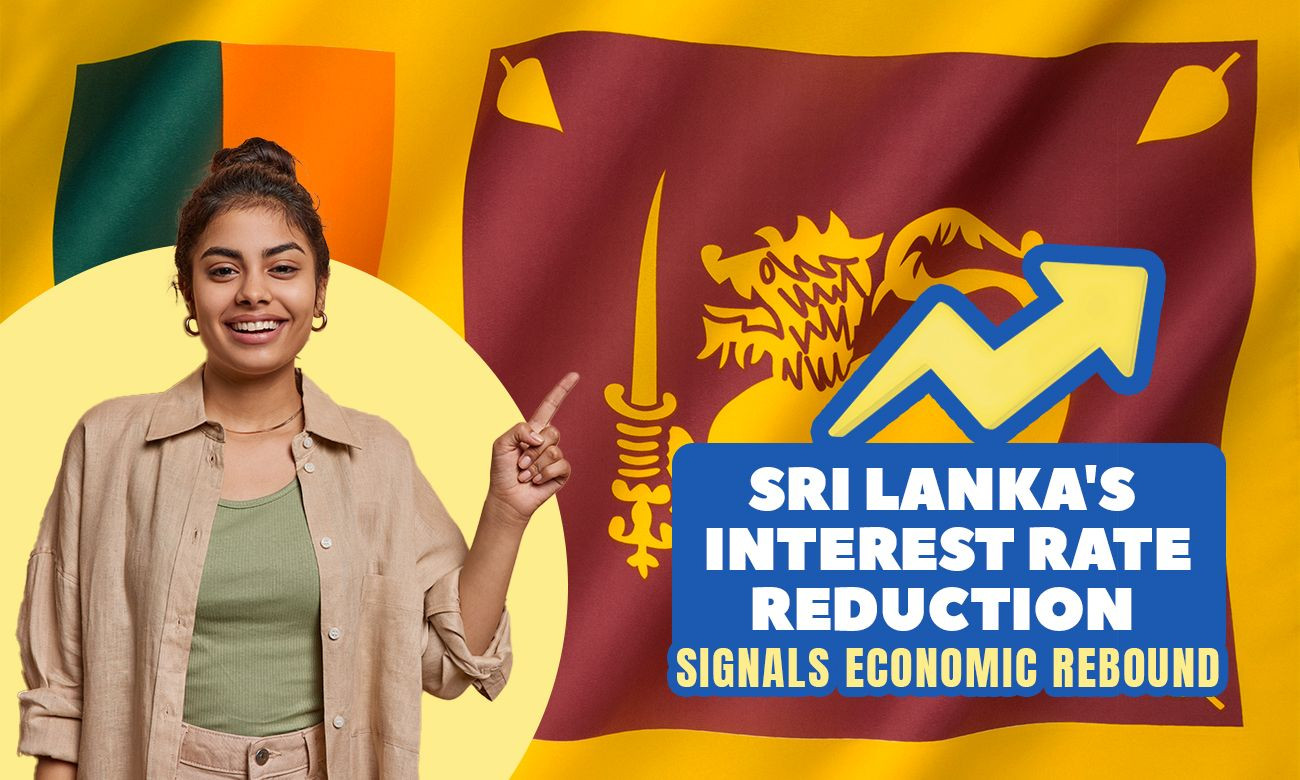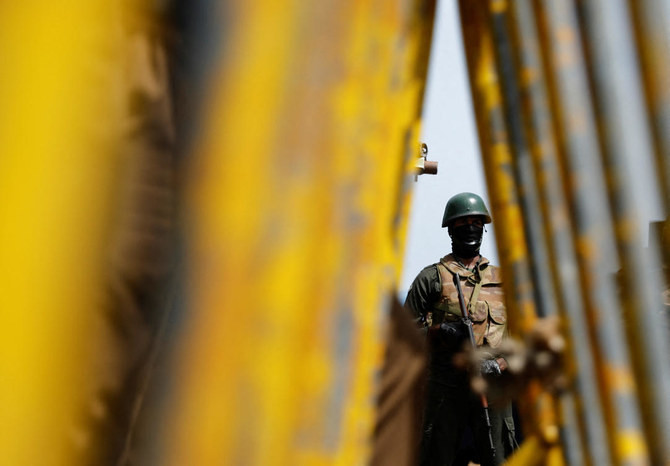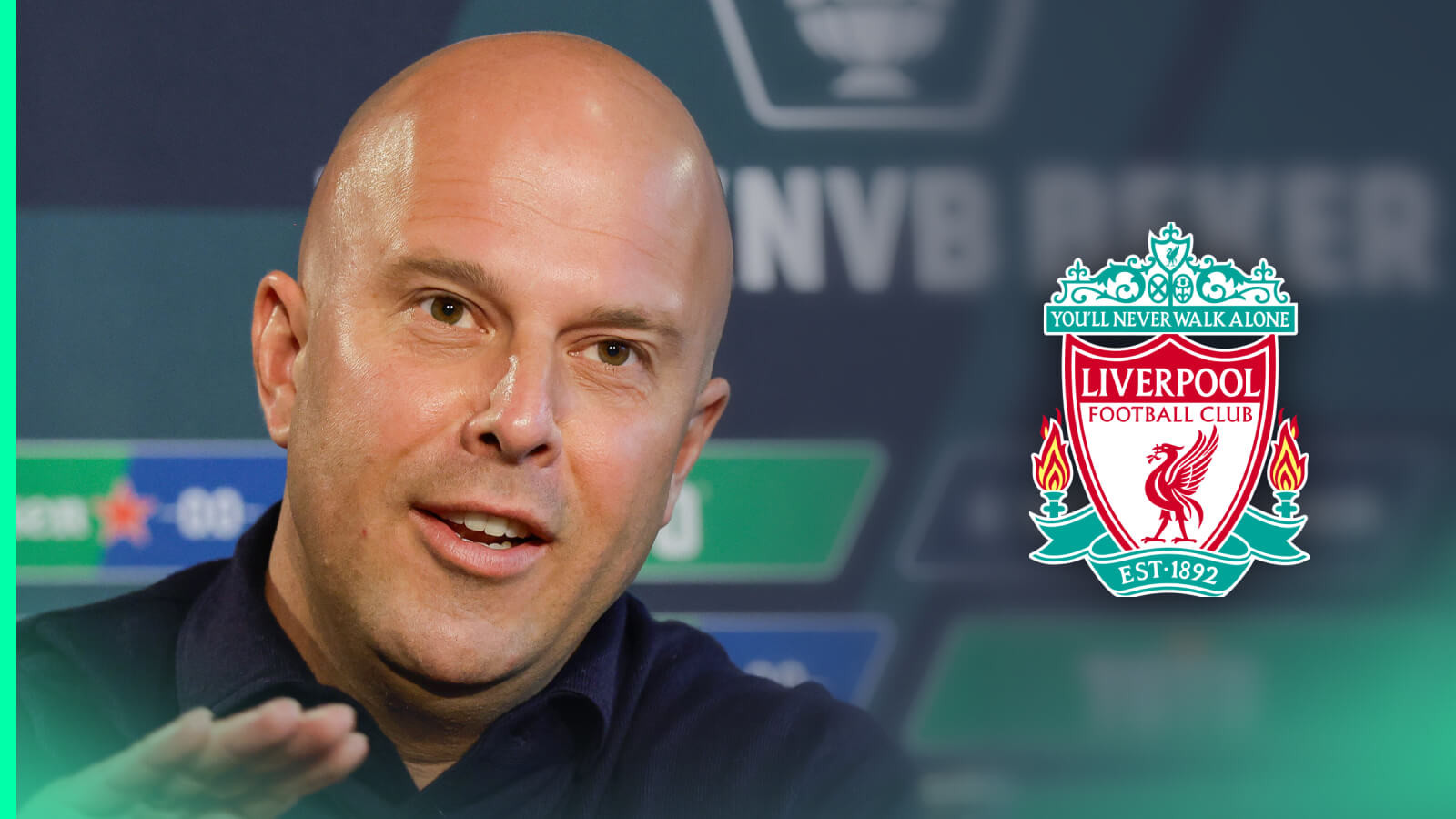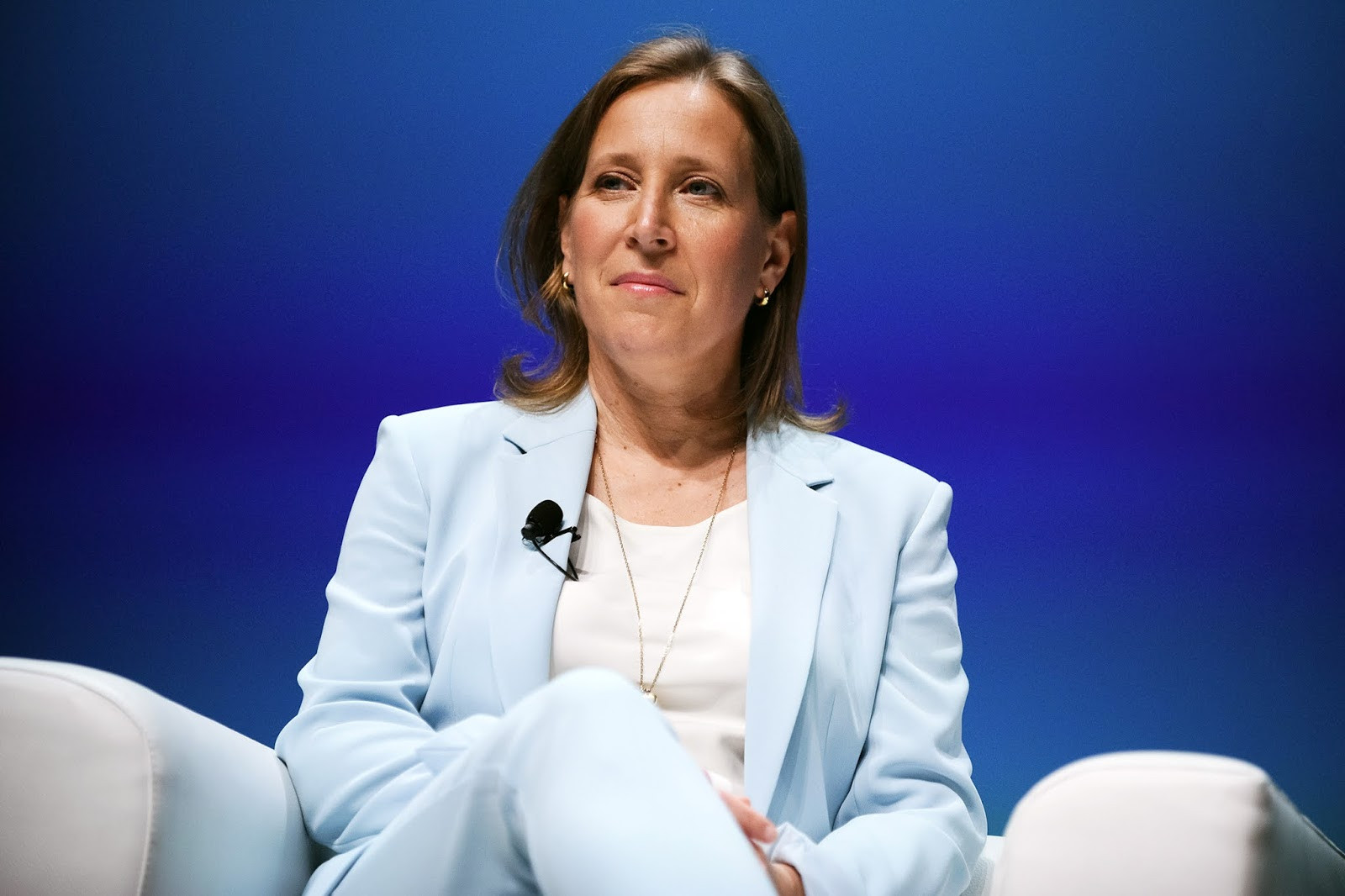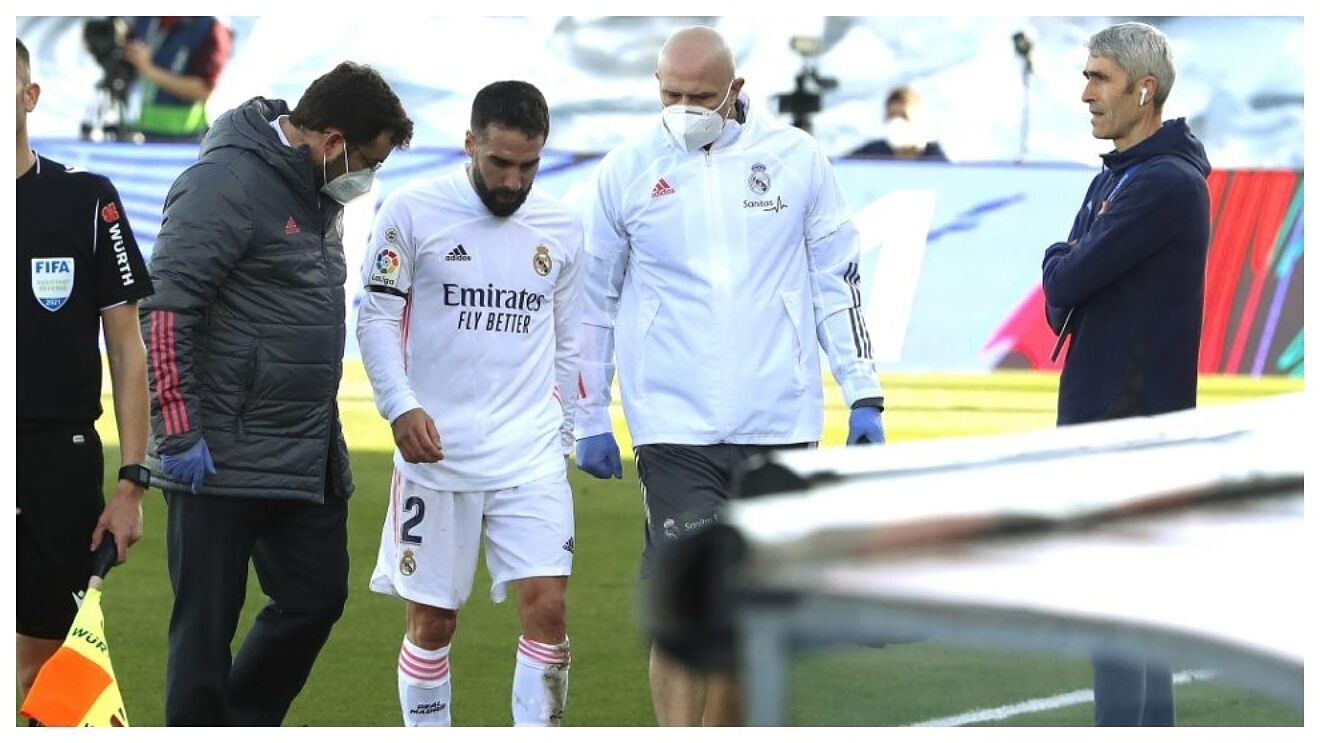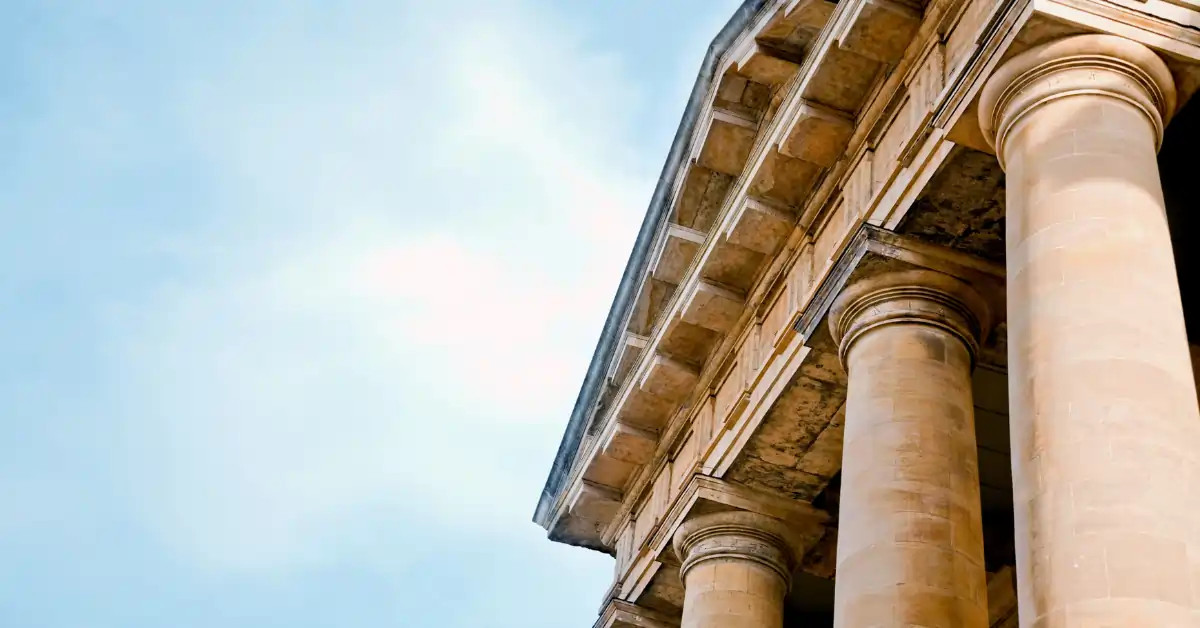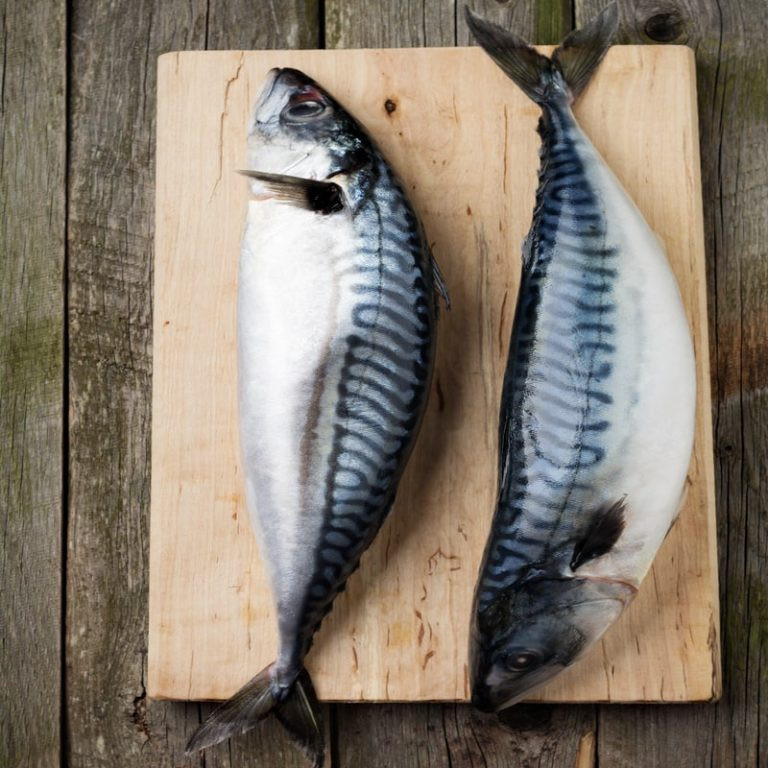Sri Lanka is at a historic juncture. Faced with its worst economic crisis since the Great Depression and having defaulted on its external debt for the first time, the country recently saw unprecedented protests demanding systemic change. The former president Gotabaya Rajapaksa was literally chased away in 2022, as protesters stormed his residence and swam in his pool. The political parties and their offshoots that have ruled the country since independence are unravelling. Take Anura Kumara Dissanayake. He polled just 3.8% of the vote during the previous presidential election in 2019. This week, he was sworn in as president.
The new president belongs to the Janatha Vimukthi Peramuna (JVP) party and leads the new centre-left National People’s Power (NPP) coalition. The JVP engaged in two major insurrections in the early 1970s and late 1980s, which resulted in the loss of tens of thousands of lives – mass violence was committed by both the JVP and the state. But the party has come a long way from its mix of revolutionary Marxist-Leninism and Sinhala ethno-nationalism, having moved into the centrist mainstream. From its roots in the rural south of the country, the party remoulded its base in the suburbs and small towns and even wooed the middle classes by taking up the issue of corruption. Its electoral capture of state power was contingent on the unprecedented economic crisis, as it waited patiently for the political winds to turn.
Yet its victory comes during unenviable times, as the bankrupt country is subject to severe austerity measures in line with the conditions of an agreement with the International Monetary Fund (IMF), the Washington-based financial institution that has long promoted social welfare cuts on developing countries in the name of the free market.
The previous government did not even consider negotiating terms with the IMF. It was all too willing to grovel before the global powers and ran the economy adhering to the benchmarks and recommendations of western institutions. These economic policies benefited the elite in the country, while the burden from the rise in VAT, the market pricing of energy, the halving of real wages for many and the cost of living doubling have all hit working people. Domestic debt restructuring, pushed by the international bondholders – consisting of large hedge funds and other financiers – was also needed to satisfy the IMF’s debt sustainability analysis (DSA). This now means the retirement funds of working people, such as garment workers and tea pluckers, over the next 16 years are going to lose half their value. Meanwhile, wealthy investors in the financial sector have got away scot-free, with their investments untouched.
The central challenge before Dissanayake is getting a better IMF agreement. And it is this tension between a new president who seeks social change and the old IMF, which remains committed to the interests of global finance and markets, that is likely to play out in the weeks and months ahead.
At the heart of any renegotiation are the IMF’s targets. According to these, Sri Lanka must get its public debt down to 95% of GDP and must spend 4.5% of GDP annually in external debt servicing once the IMF programme is finished. This amounts to 30% of all government revenue going on servicing debt – a great scenario for Sri Lanka’s creditors, particularly international bondholders to whom $12.55bn is owed. But with little debt relief, the reality is that Sri Lanka could end up defaulting again.
In this context, there is mounting pressure on Dissanayake to stay the course with the IMF. From the elite in the capital, Colombo, to the western media, there is much talk that a former Marxist cannot work with the IMF and manage the economy. This amounts to a kind of sabotage. It is important to point out here that while the so-called “IMF bailout” amounts to just about $60m a month for the duration of the programme, Sri Lanka’s foreign earnings (exports, service earnings and worker remittances) every month now are about 30 times that amount, at $1,800m. In other words, the president will not be sticking to the IMF programme for its funds, but due to international political pressure and the fear of isolation.
There are lessons to be learned from elsewhere here – notably Kenya. Its president, William Ruto, was elected in 2022, a year after an IMF agreement, and the red carpets were eventually rolled out for him in Washington for sticking to the neoliberal programme. Yet within two years, massive protests against austerity and state repression have marred the country. In Sri Lanka, as in about 70 developing countries around the world in debt distress, the same questions arise. Do they continue to mortgage their national policies to the bondholders and the IMF, or do they seek alternative avenues of development finance and negotiate their way out of the crippling IMF programmes?
Dissanayake is going to have to walk a tightrope. For a country and people that are going through the worst phase of dispossession since independence, international solidarity should mean providing space for rebuilding the country. For if Dissanayake fails to carry the citizenry, the xenophobic and polarising forces that ravaged Sri Lanka for decades will be waiting in the wings.




